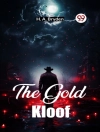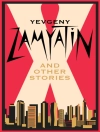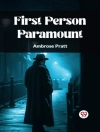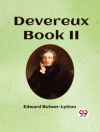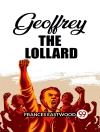‘Anthony Trollope’s novels have been out of fashion for many years; but of late a disposition to reconsider his place among English writers is evident.’ -The Literary Digest
‘If I have not yet said that I think Anthony Trollope the most English of the English novelists I will do so now. Of course Jane Austen and George Eliot might dispute this primacy with him, but both would fail in the comparison, the one because she was too witty and the other because she was too wise faithfully to mirror the British spirit. The perpetual play of delicate sarcasm in Jane Austen’s books is as alien to the heavy sincerity of that simple soul as the deep psychological implications of George Eliot’s; but the make and the manner of Trollope are exactly interpretative of it. All is plan and open in his work; if there is any cutting or thrusting it is not such as leaves the subject to shake itself before it realizes a wound; if there is any philosophizing it is not of the accusing sort which makes the reader feel the fault or the fate of the character as bound with him; and yet Trollope was a true humorist, and, as i have already insisted, a profound moralist. he surpassed the only contemporaries worthy to be named with him in very essential things as far as he surpassed those two great women in keeping absolutely the level of the English nature. He was a greater painter of manners than Thackeray because he was neither a sentimentalist or a caricaturist; and he was of a more convincing imagination than Dickens because he knew and employed the probable facts in the case and kept himself free of all fantastic contrivances….Upon the whole I should be inclined to place Trollope among the very first of those supreme novelists to whom the ever-womanly has revealed itself.’ -William Dean Howells
Sobre el autor
Anthony Trollope was an English novelist of the Victorian era. Among his best- known works is a series of novels collectively known as the Chronicles of Barsetshire, which revolves around the imaginary county of Barsetshire. He also wrote novels on political, social, and gender issues, and other topical matters. Trollope’s literary reputation dipped somewhat during the last years of his life, but he had regained the esteem of critics by the mid-20th century.


